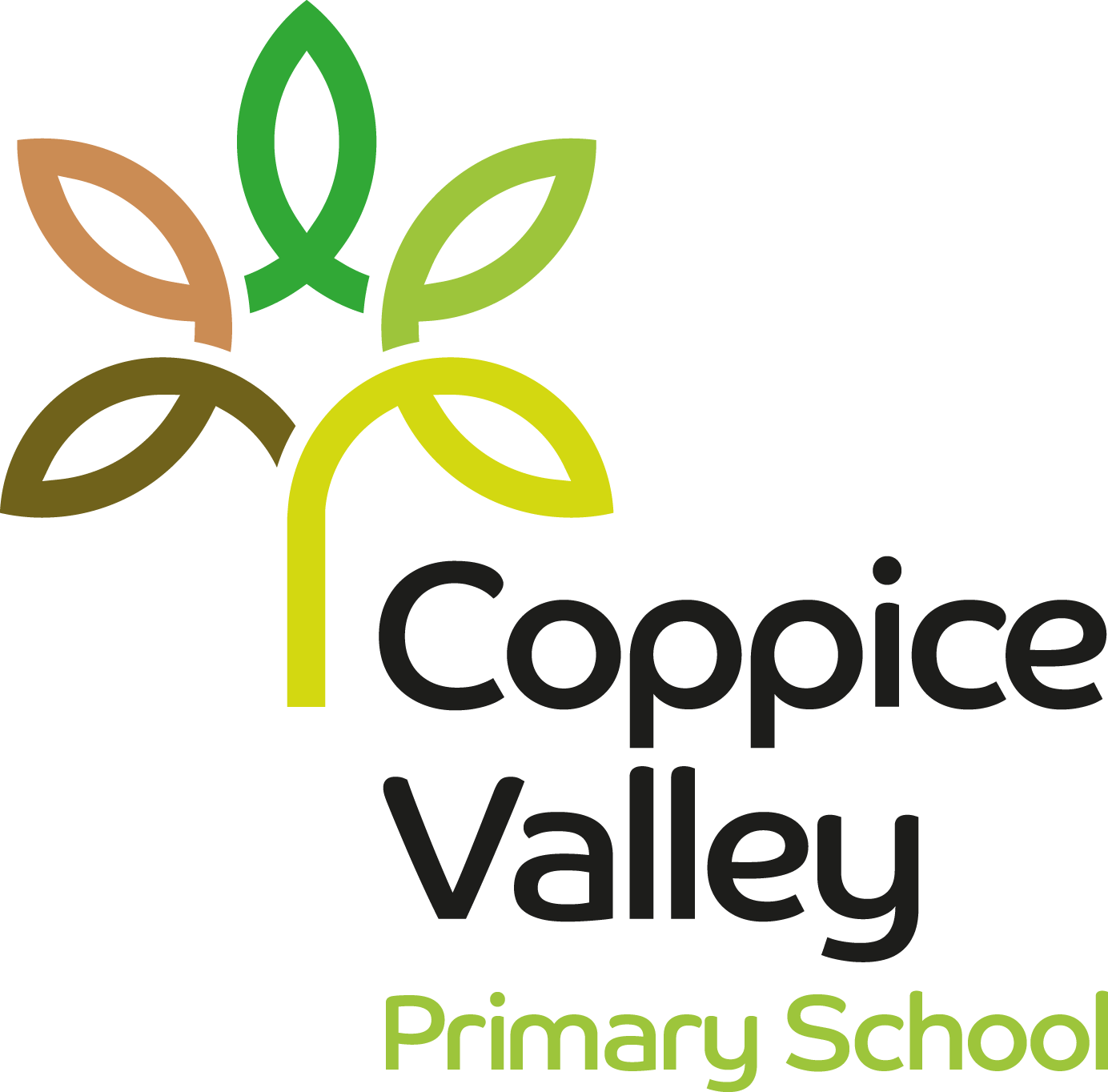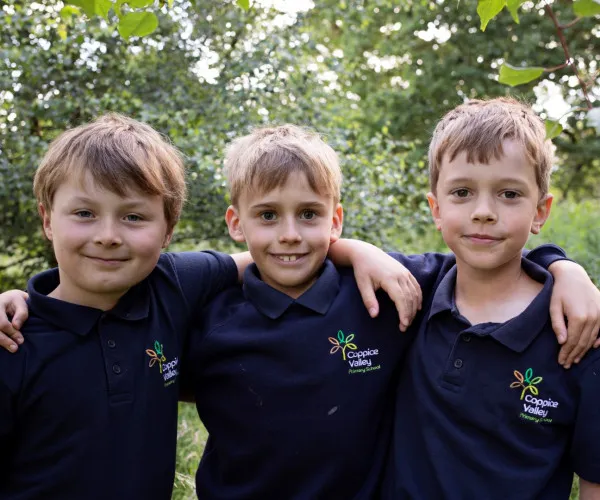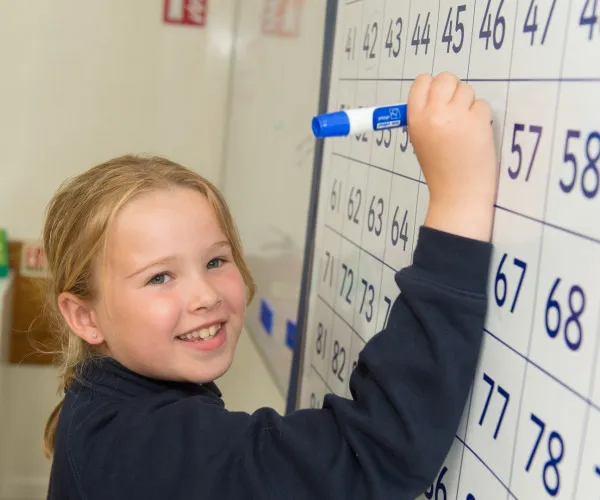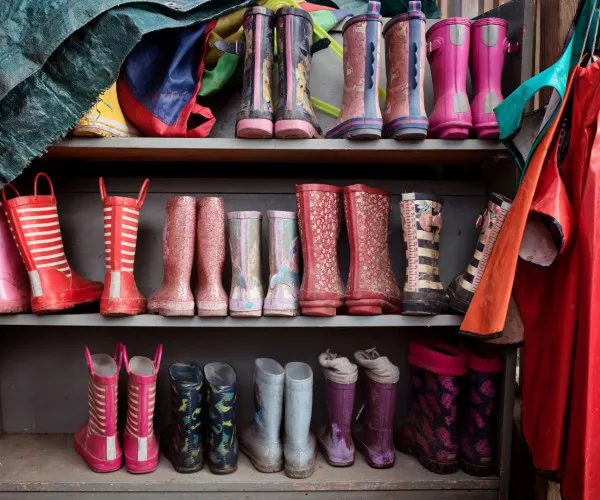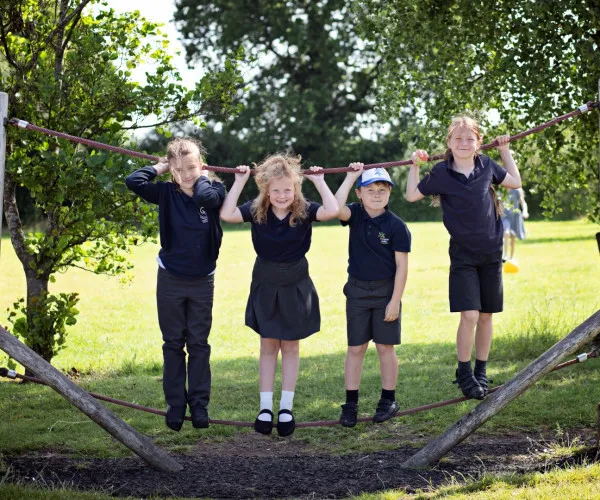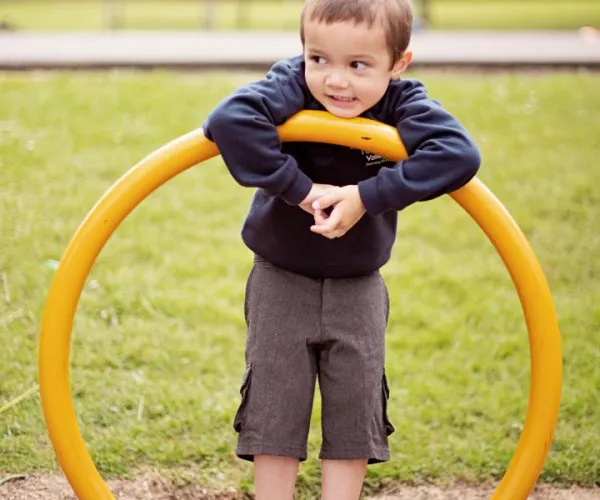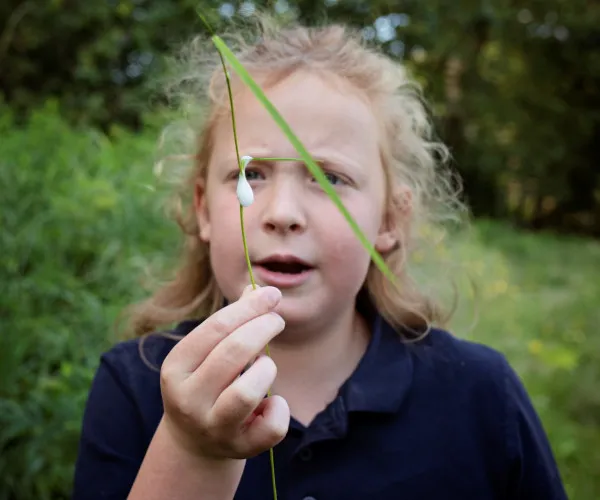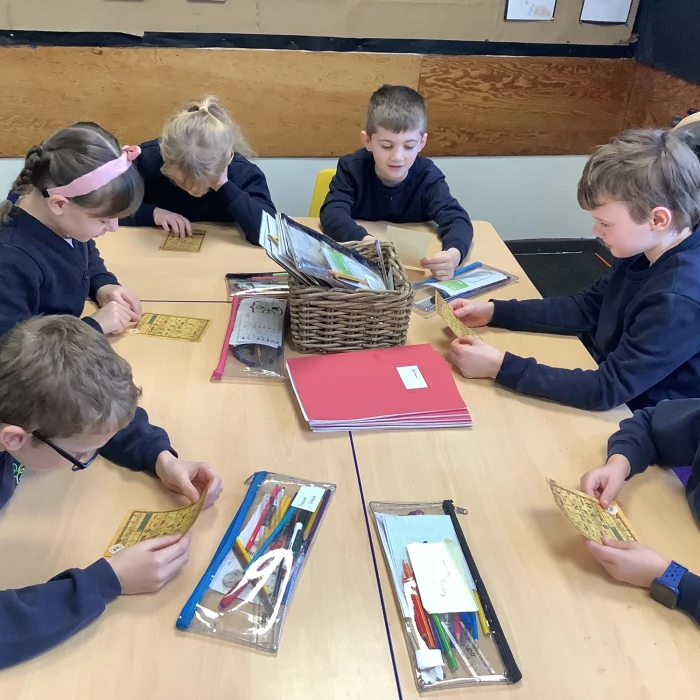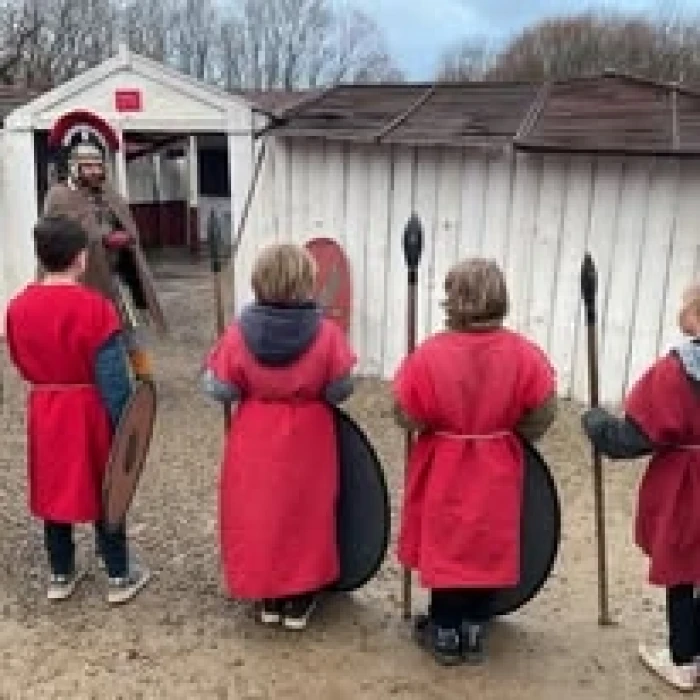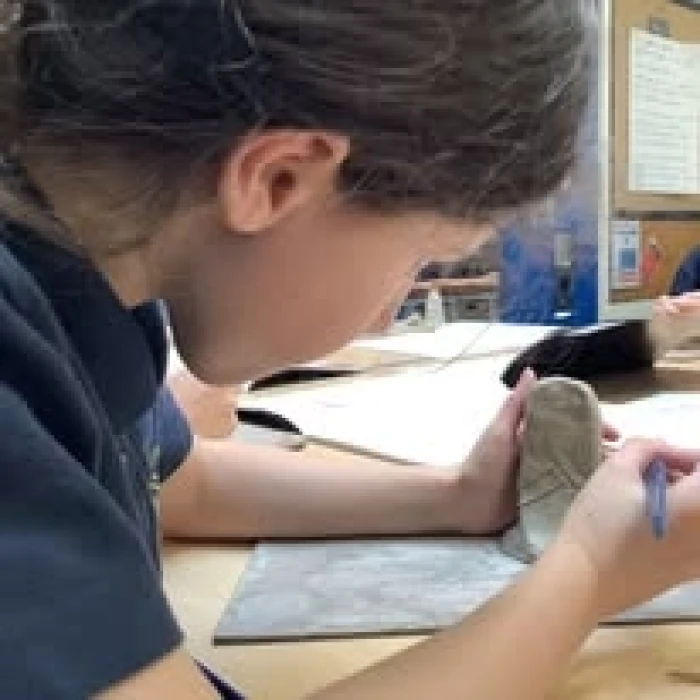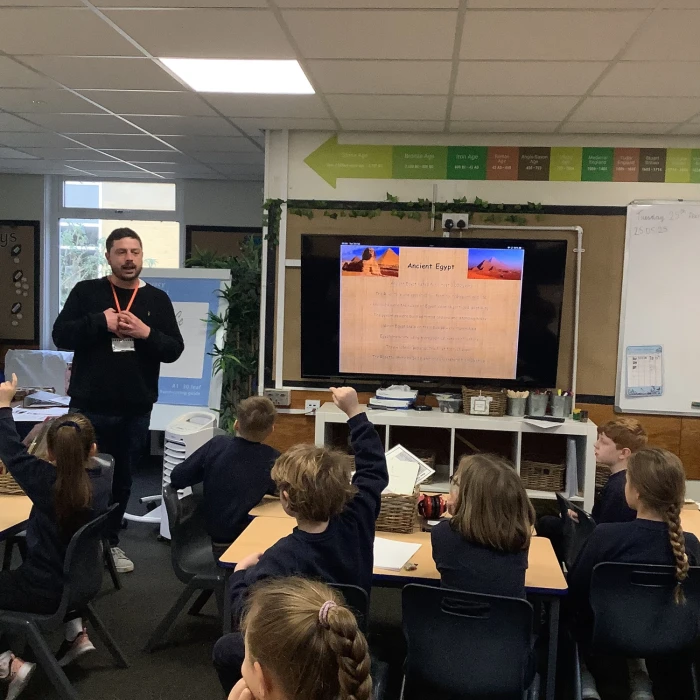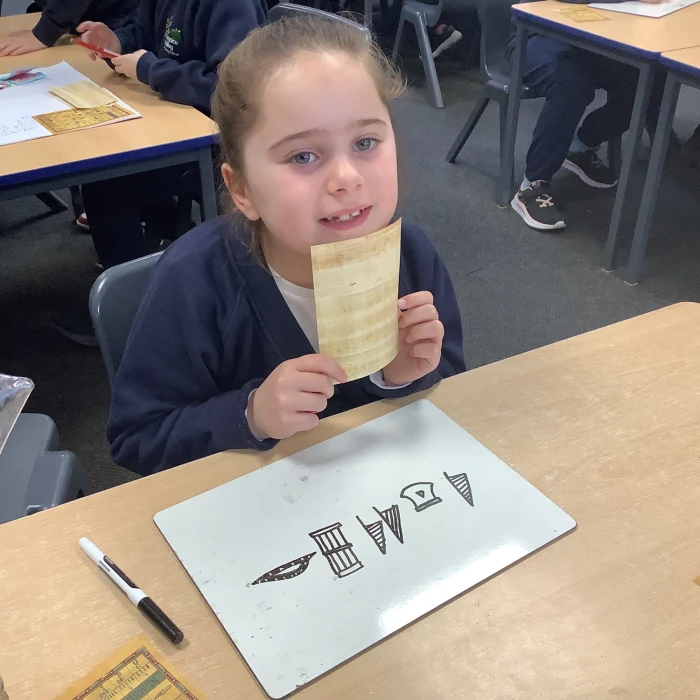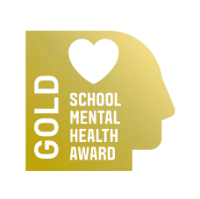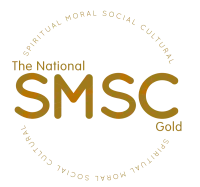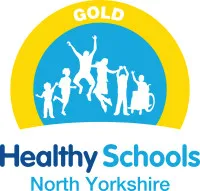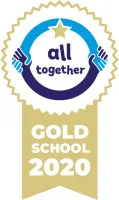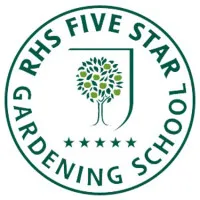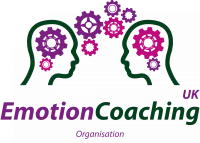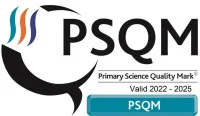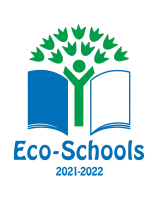History
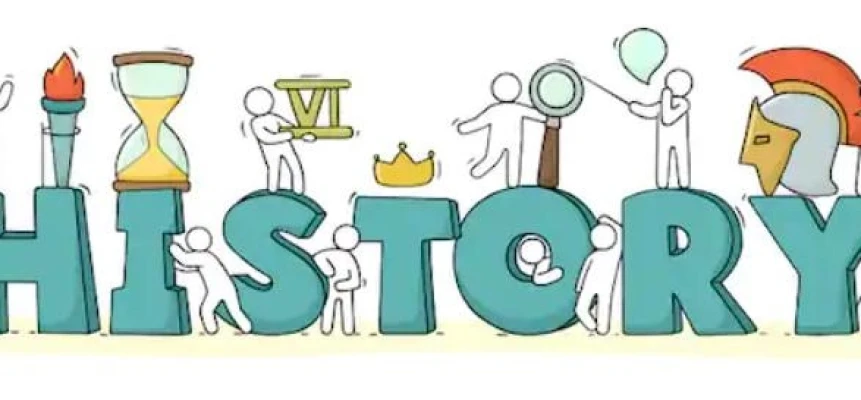 The subject leader for History is Mrs Riley.
The subject leader for History is Mrs Riley.
History is the study of events and people from the past.
- Curriculum Overview (EYFS-Y6)
- Vocabulary Overview (EYFS- Y6)
Our children have real life experiences and learn about history in an active and creative way with the National Curriculum for History at the core of our curriculum. The children begin to understand historical concepts such as continuity and change, cause and consequence, similarity, difference and significance, and use them to make connections, draw contrasts, analyse trends, frame questions and create their own historical accounts. Our themes, concepts, substantive knowledge and historical skills have been mapped to ensure that pupils following our sequence of learning have ample opportunity to make progress in history by knowing and remembering more history content. We provide children with an ambitious curriculum which develops them as historians and widens their understanding of themselves and the world around them. We provide opportunities for our children to think and talk like historians in a variety of contexts, developing their use of ambitious historical vocabulary.
Curriculum Threads
Our Coppice Curriculum Threads: Brave, Kind and Curious are woven throughout our History curriculum.
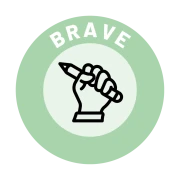 Brave
Brave
At Coppice, the History curriculum is considered brave because it encourages students to explore challenging topics. For example, we study the impact of significant events like WWII and the importance of understanding different perspectives. This bravery allows us to learn from the past and question why certain choices were made. Additionally, by discussing controversial figures, we develop critical thinking skills that help us form our own opinions. This not only makes our lessons engaging but also prepares us for the complexities of the modern world, ensuring that we become thoughtful and informed citizens.
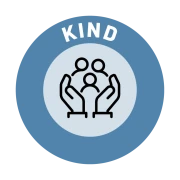 Kind
Kind
At Coppice, the History curriculum is kind because it helps students understand the past while nurturing their curiosity. For example, when we learn about local history, students discover their community's stories, making history feel relevant and personal. Additionally, we include projects where children can explore topics of their choice, fostering their independence and creativity. Teachers encourage discussions, allowing everyone to share their opinions and ask questions. This inclusive atmosphere makes students feel valued and supported. Overall, the curriculum not only teaches important historical facts but also promotes kindness, creativity, and confidence in expressing ideas.
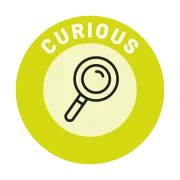 Curious
Curious
The history curriculum at Coppice is an exciting journey through time that sparks curiosity in every student. By exploring significant events and figures, such as the Ancient Egyptians and the impact of the Romans, students develop a deeper understanding of how the past shapes our present. Each lesson encourages critical thinking, prompting students to ask questions like, “Why did this event happen?” and “How did it affect people’s lives?” Furthermore, engaging projects, such as creating a timeline or conducting interviews, allow learners to connect with history personally, making their education both fascinating and relevant.
At Coppice, our History curriculum is brave because it encourages students to explore difficult topics, such as wars and injustices, which helps them understand the world better. It is curious as we investigate different cultures and historical events, asking questions that spark our interest and drive our learning. Finally, it is kind because we learn about empathy by studying stories of individuals who made a positive impact. This blend of bravery, curiosity, and kindness fosters well-rounded learners who appreciate the past and its connection to our present, shaping a more compassionate future.
